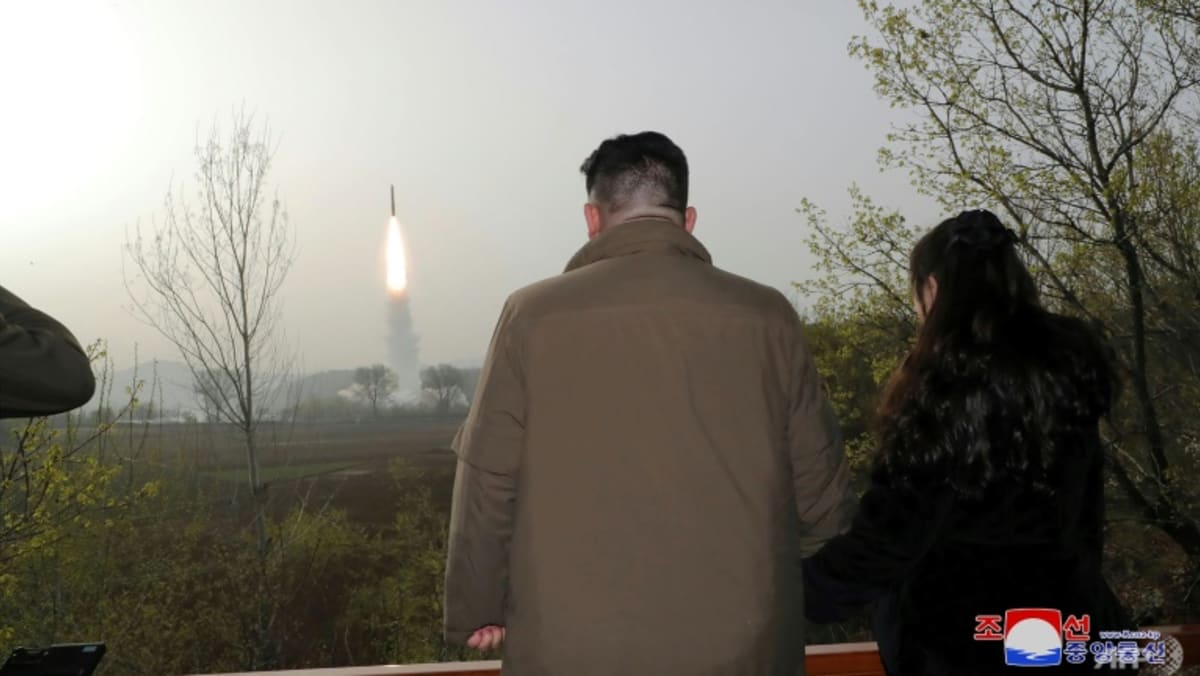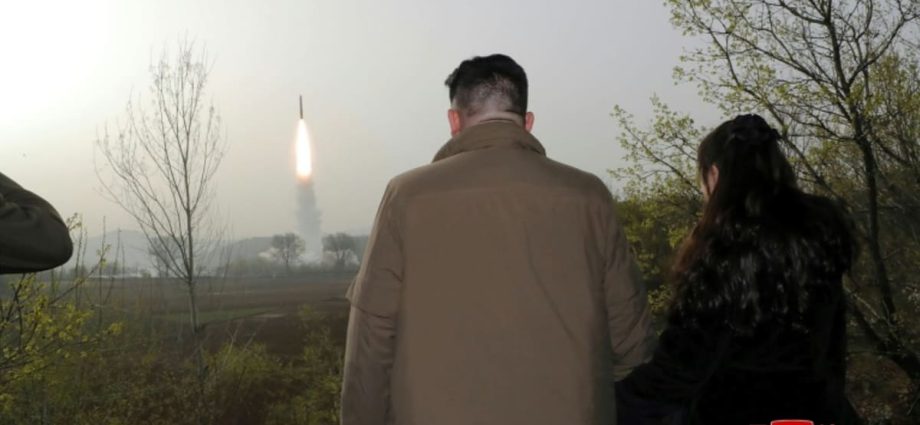
SEOUL: North Korea’s ruling party will hold a high-level meeting in June to review its economic policies, state media said on Monday (May 29).
The nuclear-armed country has a fragile economy and its government has long been criticised for prioritising the military and its banned nuclear weapons programmes over adequately providing for its people.
The upcoming meeting of the Central Committee of the Workers’ Party of Korea (WPK) will assess how national economic plans were carried out in the first half of 2023, the official Korean Central News Agency (KCNA) said.
The meeting will also discuss “policy issues of weighty significance in the development of our revolution”, KCNA added, without providing further details including the dates.
North Korea imposed a rigid blockade in early 2020 to keep out the coronavirus, and only resumed some trade with China last year.
The WPK held a high-level party meeting in February to specifically address food shortages and agricultural problems.
At that meeting, leader Kim Jong Un urged officials to ensure that grain production goals were met “without fail”.
North Korea has periodically suffered famines, one of which killed hundreds of thousands of people in the 1990s. Some estimates of the deaths from that famine stretch into the millions.
Despite its difficult economic situation, North Korea has conducted a record-breaking series of weapons tests this year, including its first solid-fuel ballistic missile – a major technological breakthrough.
Tokyo said on Monday that it was notified by Pyongyang of a plan to launch a satellite in the coming weeks, though the Japanese government said it believes this to be a ballistic missile.
It did not mention what type of satellite would be launched.
North Korea said in April that it had finished the construction of its first spy satellite, and Kim gave the green light for its launch.
Pyongyang has said its weapons are meant to defend against what it describes as aggression by the United States and South Korea.
The two allies have ramped up military cooperation, including joint drills in the face of the growing threat from North Korea.
Pyongyang describes such exercises as rehearsals for an invasion.

